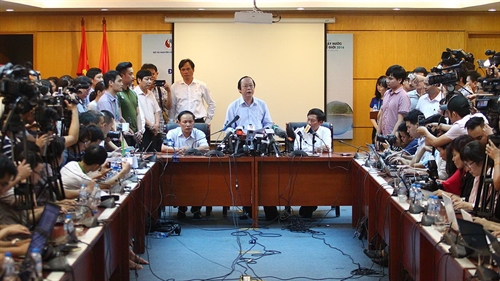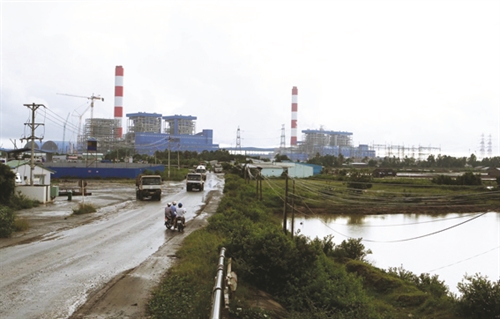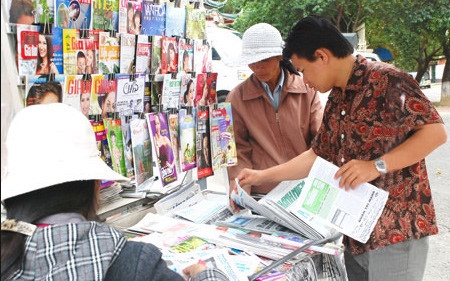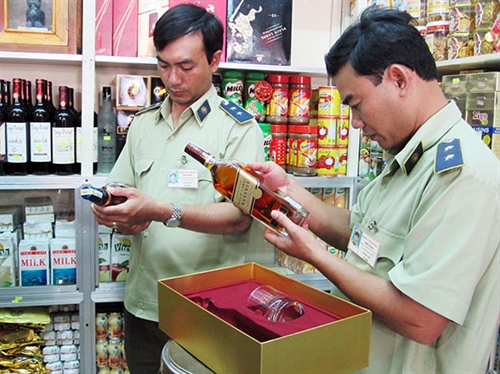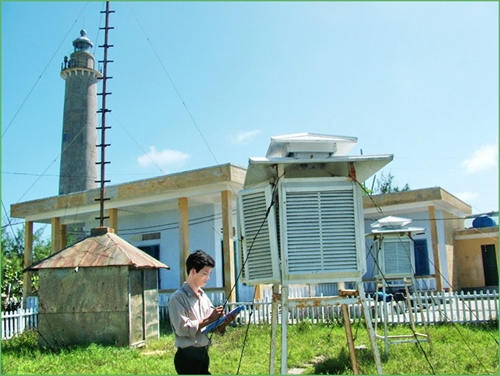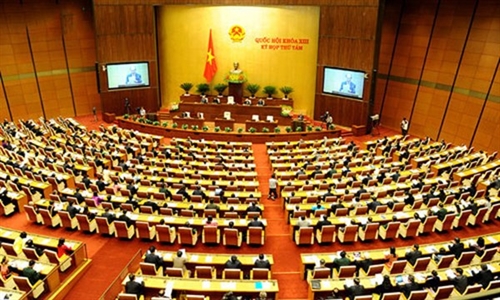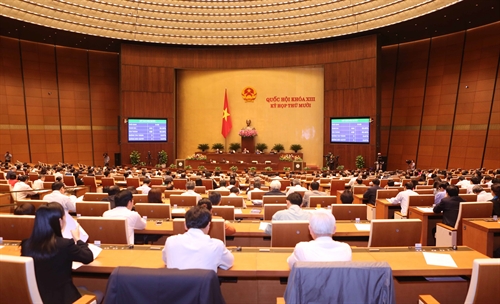Coming into force from July 2017, the Maritime Code of Vietnam, which was passed by the National Assembly in November 2015, is expected to give a new momentum to the nation’s maritime sector in line with its international commitments.
Consisting of 20 chapters and 341 articles, the Code regulates maritime activities of both Vietnamese and foreign organizations and individuals in Vietnam.
It also stipulates the state management of maritime activities and the use of seagoing ships for economic, cultural, social, sports, official-duty and scientific research purposes.
Compared to the current Code promulgated 10 years ago, the 2015 Code has many new provisions.
Priority policies for maritime development
The Code introduces priority policies for maritime development. The State will give priority to developing maritime infrastructure facilities through seaport planning and attraction of investment capital for the construction and commercial operation of such facilities. It will also offer preferential tax rates and soft loans for investment in the development of the Vietnamese fleets and in shipping activities. Priority will be given to the development of human resources for maritime activities to meet domestic and international demands.
The State also encourages all organizations and individuals to develop shipping fleets, seaports and shipping industry, to participate in providing maritime services and to carry out other maritime activities in a lawful manner.
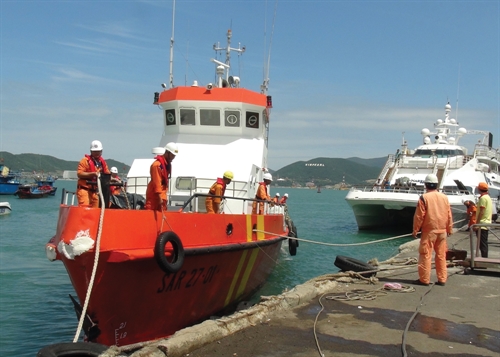 |
| Search and Rescue Ship SAR27-01 of Nha Trang Marine Rescue Coordination Center on February 17 tows a fishing ship in distress at sea to Nha Trang city, Khanh Hoa province Photo: VNA |
Ensuring maritime safety and security and environmental protection
The Code has a new chapter on maritime safety and security and environmental protection. Chapter V prescribes maritime safety and security, marine search and rescue, scope of protection of maritime facilities and settlement of incidents, and environmental protection in maritime activities.
Specifically, Vietnamese seagoing ships may operate according to registered purposes only when their structures, equipment, certificates and documents, complement and professional competence of their crews comply with Vietnamese law and treaties to which Vietnam is a contracting party. Foreign seagoing ships operated by nuclear power and ships carrying radioactive substances may not enter Vietnam’s seaport waters, internal waters or territorial seas unless they obtain entry permission from the Prime Minister. When operating in Vietnam’s seaport waters and seas, seagoing ships carrying oil, oil products and other dangerous cargoes must be covered by environmental pollution liability insurance.
Organizations and individuals operating in Vietnamese seaports and seas must comply with Vietnamese law and treaties to which Vietnam is a contracting party concerning maritime safety and security, labor and environmental protection.
Reforming administrative procedures
Administrative procedure reform is a central objective of the revision of the Code.
Registration and purchase and sale of seagoing ships are stipulated in a detailed and transparent manner. For a seagoing ship owned by a foreign organization or individual, the registration may include registration of flying the Vietnamese flag and registration of ownership of such ship or only registration of flying the Vietnamese flag. However, the Code stresses the ship will be registered in the Vietnam National Register of Ships only if it satisfies all the conditions laid down by the Code. Besides, foreign seagoing ships chartered by Vietnamese organizations or individuals in the form of bareboat charter or hire-purchase may be registered to fly the Vietnamese flag.
To ensure publicity and transparency and prevent losses for shipowners, the time limit for temporary detention of seagoing ships is specified in the Code.
Noticeably, crewman’s passport is no longer required in order to reduce personal papers for crewmen working on international routes. The administrative approval for names of seagoing ships, seaports, offshore oil and gas ports, wharves, piers, pontoon quays and water zones and areas is also abolished. This naming now only needs to abide by the principles established by the Code.
Besides, the Code revises provisions on towage of seagoing ships, maritime pilotage, seagoing ship dismantlement, recovery of sunken property, disposal of dangerous sunken property, etc. New provisions are clear and detailed in line with international treaties and practices.
As required by the Code, newly built ships and seaports under construction must have environmental protection facilities and equipment according to regulations, as well as plans for response to oil spills. Seaports must have plans and measures to receive and dispose of wastes from seagoing ships.
The Code stresses that maritime activities must protect the interests, sovereignty, sovereign rights and jurisdiction of the Socialist Republic of Vietnam.- (VLLF)
